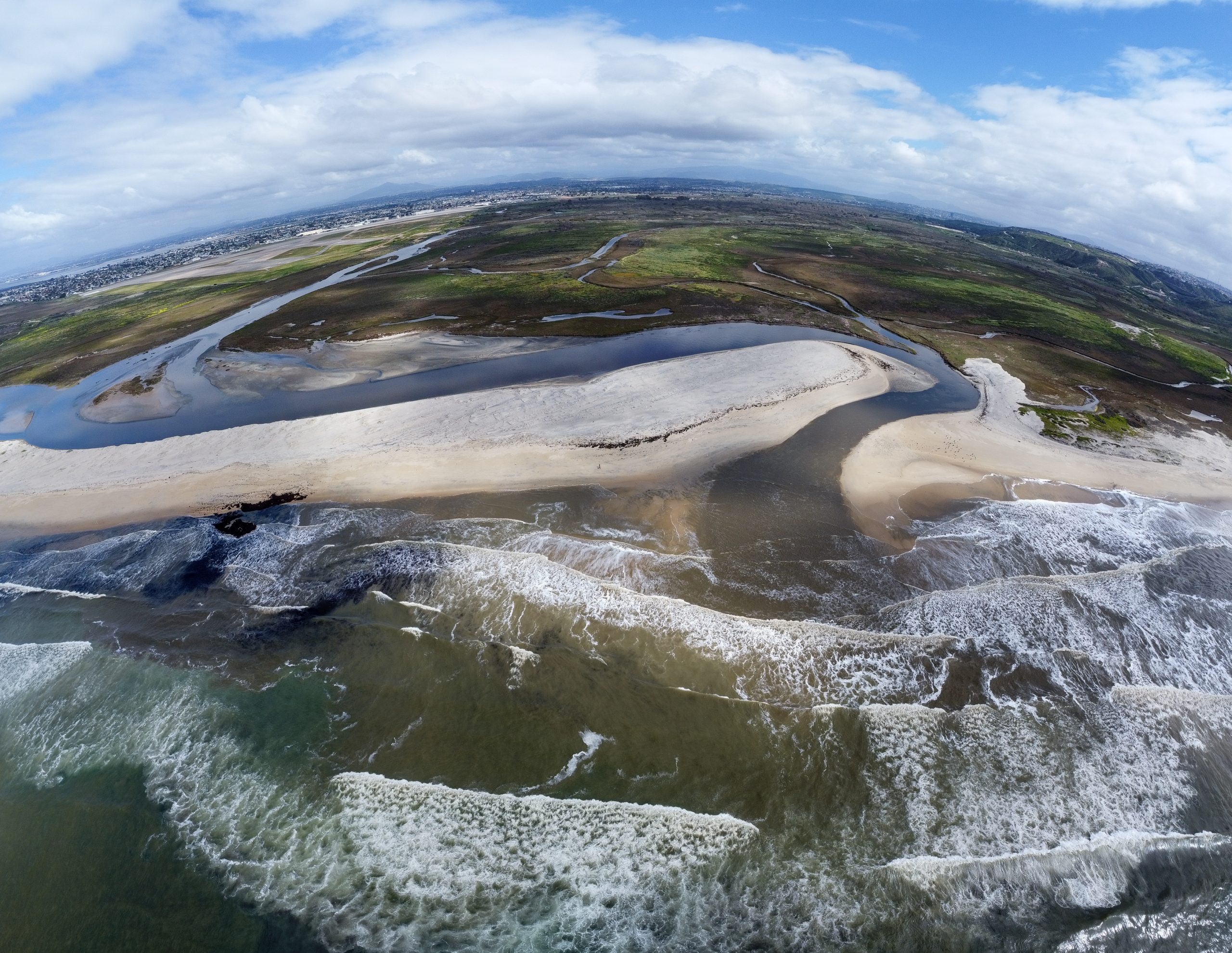In September 2024, we launched a field study on cross-border water sewage pollution and its impact on air quality. This is led by researchers from UC San Diego and a collaboration with UT Austin, SDSU, UC Riverside, University of Trieste, NOAA, and NCAR.
The primary objective of this study is to investigate the potential link between poor water quality and air quality in the southern San Diego region.
Here is what we are doing:
Haga clic aquí para la versión en español
Connecting air quality to health effects
We're working to determine if there are connections between health effects and what is measured in the air. Fill out our sleep quality survey and SDSU's health survey.
Mapping smells and air pollution
We drove the UT Austin mobile electric van equipped with instruments to directly sample and measure the air, which will help us understand, among other things, which chemical species are contributing to the smells and air pollution. Importantly, we will be able to directly measure what people are breathing. Our goal is to better understand the airborne exposure pathway!
Measuring particles and gases in the air
We installed instruments in homes and locations around South Bay: some of these devices measure Particulate Matter (PM), very small particles in the air; others measure gases. We also have a mobile lab with a suite of air quality instruments. We are mapping out how these particles and gases change as they move from the ocean towards land, day versus night.
Analyzing the air for biological particles
We have sampled the air at certain sites to collect bacteria, viruses, endotoxins and other chemicals in the air to better understand their sources.
Understanding the smell
We are using instruments to better understand the volatile organic compounds (VOCs) contributing to the range of odors in the region.
Indoor air and dust sampling
Given that people spend 90% of their time indoors, we have collected air and dust inside some homes in the community to understand what people are being exposed to indoors.
Improving future models
We are also using gas and particle measurements to determine how the gases contribute to the marine haze and air quality. The results will be used to improve air quality models.
This study will help us better understand the local air quality and how it might affect our health.
We are here to help—and there are things you can do to improve the quality of air you are breathing such as installing air filters in your home. We filter the water we drink – why not filter the air before we breathe it?
If you have any questions, please feel free to talk to us if you see our science team around the city or contact bklimeck@ucsd.edu.

